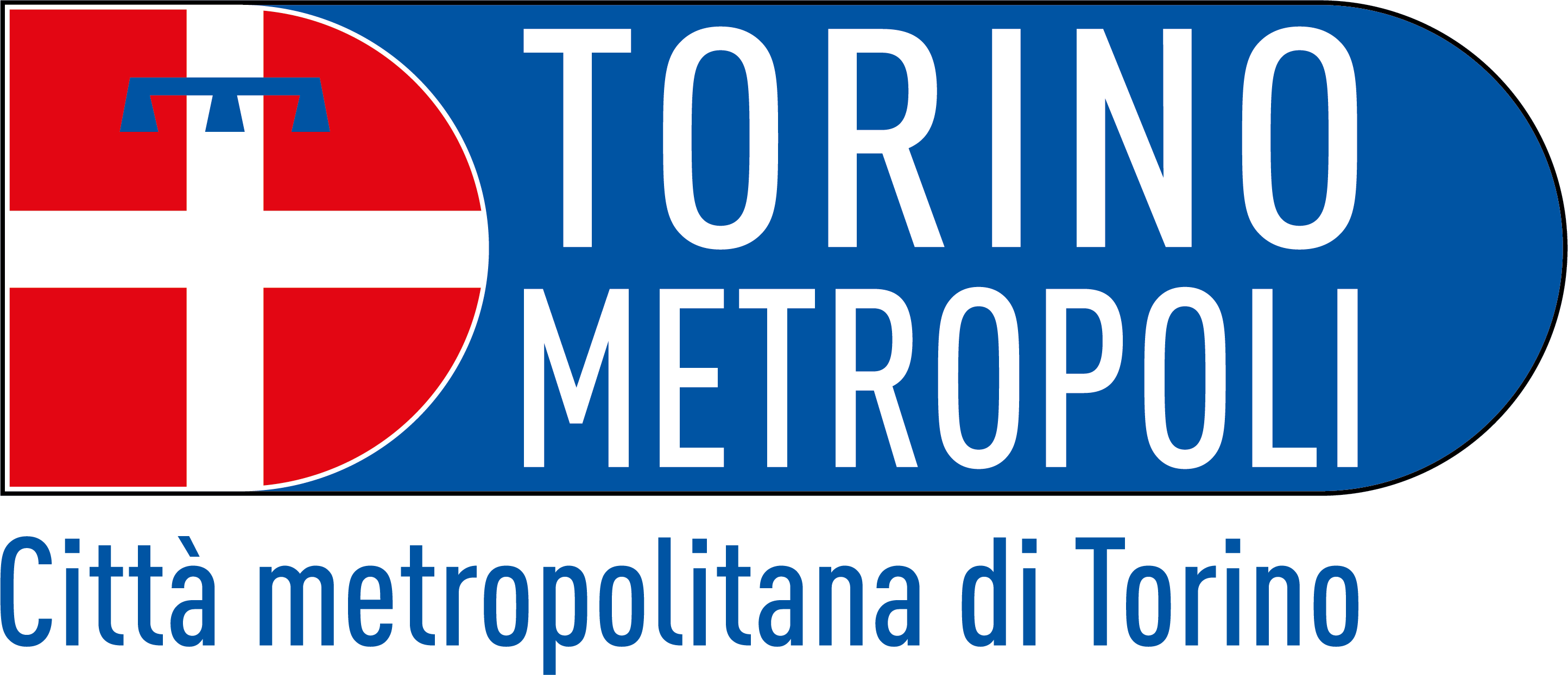On 21 June 2022, the European Parliament and the European Council agreed upon a resolution in regards with a new corporate sustainability budget model. The package of resolutions aims at regulating and countering the phenomenon of greenwashing.
Greenwashing is a marketing strategy used by several companies, especially multinationals, which present their business as environmentally sustainable without making any useful change in the production and distribution chain.
During the 7th edition of Circonomia, an international festival of circular economy and ecological transition which is taking place in Alba (CN) and will last until 24th September 2022, the first report on greenwashing was compiled. The document highlights some issues that affect both companies and consumers:
- Increased mistrust towards those goods that are actually and qualitatively sustainable. A brand or label may lose credibility due to other brands practicing greenwashing.
- Brands that advertise falsely sustainable products seem to suffer less image damage than those that have built their reputation on environmental friendliness. This implies a reduction in truly environmentally sustainable activities.
- General misinformation and dissemination of false information on the topic of sustainability. Consumers find it difficult to make an informed eco-friendly choice due to the huge amount of products using this kind of misleading information.
To contrast these actions, the EU governments have reached a provisional agreement on a set of new reporting rules for large companies. The goal is to ensure compliance with environmental rights as well as greater transparency for stakeholders, consumers and competitors. Starting in 2024, companies with more than 250 employees and a turnover of at least EUR 40 million will have to disclose the environmental and social risks and impacts of their activities. Smaller companies, on the other hand, will have until 2028 to comply with the regulation.
Italy is also taking many steps to counter the phenomenon of greenwashing. A noticeable precedent was the case of Court of Gorizia on 25th and 26th November 2021, which saw “Alcantara” company versus “Miko” company, specialized in the production of the 'Dinamica' material, a microfiber with a suede-like appearance used in various sectors, from fashion to automotive. The court issued a precautionary order against the company on the grounds that some advertisements made by it were defined as misleading advertising. These misrepresentations are belied by the very composition of the material, which includes polyester, and its petroleum derivation.
With this ruling, among the first in Europe on greenwashing, scientific truthfulness and clarity are recognized as necessary qualities for proper environmental communication.
These and other initiatives undertaken by the EU, such as the launch of the Green Deal in March 2022, are aimed at making Europe the first climate-neutral continent by 2050. In a socio-historical context in which it is difficult not to be subject to the phenomenon of greenwashing, the European Commission is doing its utmost to provide a set of up-to-date standards to ensure that citizens can make informed and environmentally friendly choices when purchases.
For more information:
- Green, ma solo a parole (Polimerica)
- Sostenibilità, accordo UE su un nuovo modello di rendicontazione aziendale per combattere il greenwashing (Euractiv)
- Greenwashing: prima storica sentenza in Italia (Rete Clima)
- Cosa cambia in Italia dopo la prima sentenza per greenwashing (Wired)
- Prima sentenza in Italia in materia di Greenwashing (Normachem - Knowledge for Change)
